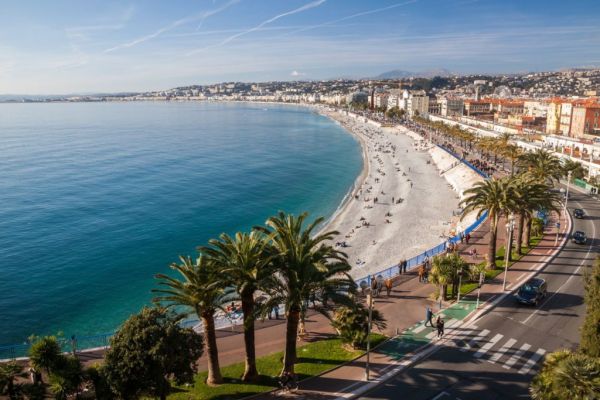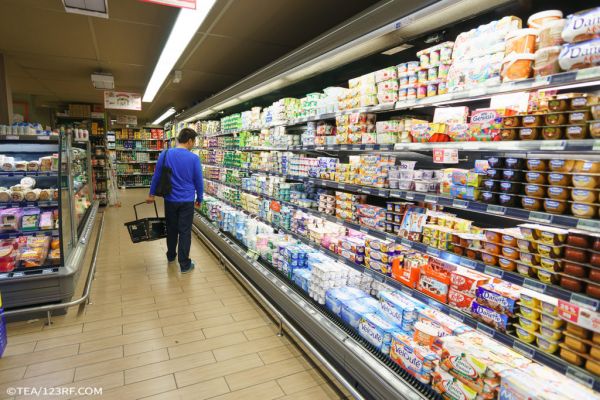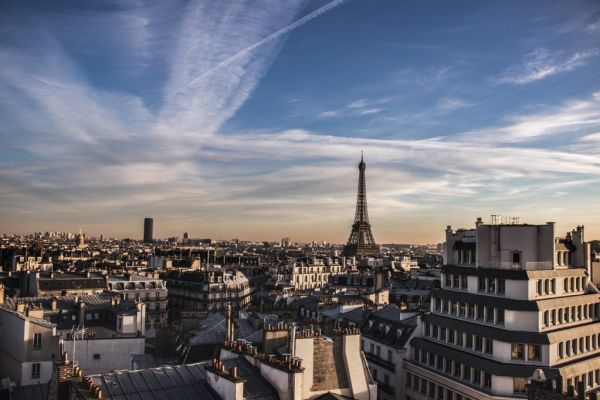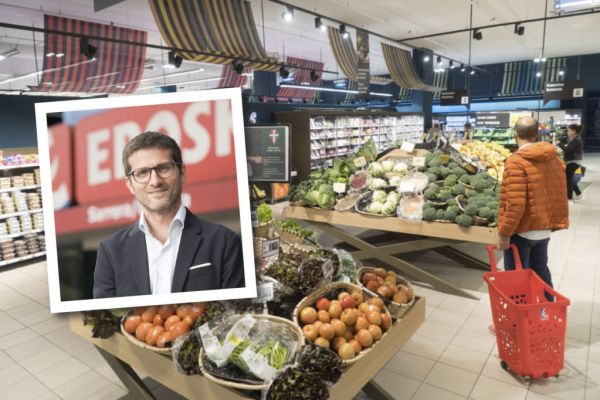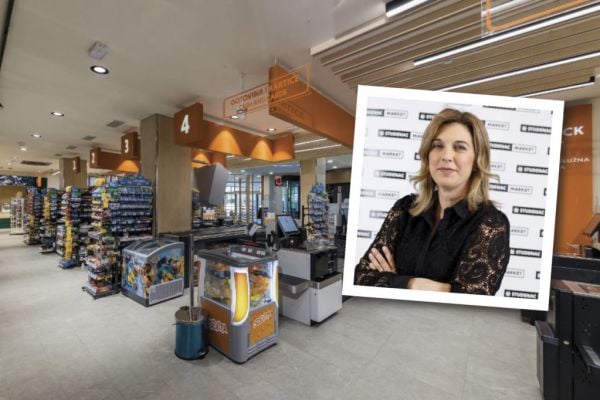Thomas Benillouz’s specialty food store in Nice, about 500 yards from the city’s yacht-lined harbor, has a sign out front in English advertising free delivery to the port for wine, spirits and champagnes. He’s expecting to make fewer deliveries this summer after the attack Thursday that killed at least 84 people.
“There will surely be an impact,” he said in an interview Saturday at the store, Aperitiv. “I think that people will either cut their stays short, or cancel their trips. It makes sense, given what happened.”
Benillouz’s concern is both natural and broadly dismissed by economists who reviewed the major attacks from the downing of New York’s Twin Towers on Sept. 11, 2001, to the killing of Charlie Hebdo journalists in Paris in early 2015 and found little discernible evidence of a sustained impact on growth. Yet with France sustaining its third major attack in less than two years, focus is beginning to shift to the impact such shocks have on the country’s attractiveness to travelers.
“The repetition of events may have consequences not seen in the past,” said Philippe Waechter, chief economist at Natixis Asset Management in Paris. “The impact on the image of France will probably be the determining factor.”
Most Visited
For France, the most visited country in the world by some measures, where about 84 million travelers annually generate roughly 7 percent of economic activity, the stakes are high. Benillouz says the summer season already has been just average in the Mediterranean city because of terrorist attacks in Paris and Brussels, as well as transport strikes in late May and June.
“There were a lot of people who said to themselves, ‘Let’s not go there, it’s going to be crazy,”’ the specialty shop owner said.
What Benillouz is feeling on the ground is borne out by official data. The number of foreign visitors to France fell 8.7 percent in the fourth quarter, when terrorists killed 130 people in and around Paris, from a year earlier, and was still down 2.7 percent in the first three months of 2016, according to Insee, France’s national statistics office.
‘Risky Country’
“Foreigners may start seeing France as a risky country,” Natixis’s Waechter said. “This may also affect investment.”
All of this comes as France was experiencing its first real recovery from the euro zone sovereign debt crisis that rocked the continent in 2011 and 2012. The finance ministry expects growth in gross domestic product of 1.5 percent both this year and next, its fastest annual expansion since 2011.
President Francois Hollande trumpeted the improvement throughout the spring with the mantra, “things are getting better.” Now economists will be looking for signs of renewed slowdown. Insee reports its latest reading of business confidence on Thursday.
Back in Nice, Philippe Bitoun, who sells beach accessories and souvenirs from a store in the Old Town, a picturesque neighborhood of winding alleys lined with shops and restaurants, echoes Benillouz’s concerns and emphasizes that the city remains in mourning.
“Those tourists who are here are going to maybe stay now, but afterwards, thenewcomers, I don’t know how that’s going to work out,” he said. “It’s unfortunate with all these victims to be talking about business; I think first of all of them. It’s really unjust.”
News by Bloomberg, edited by ESM. To subscribe to ESM: The European Supermarket Magazine, click here.
